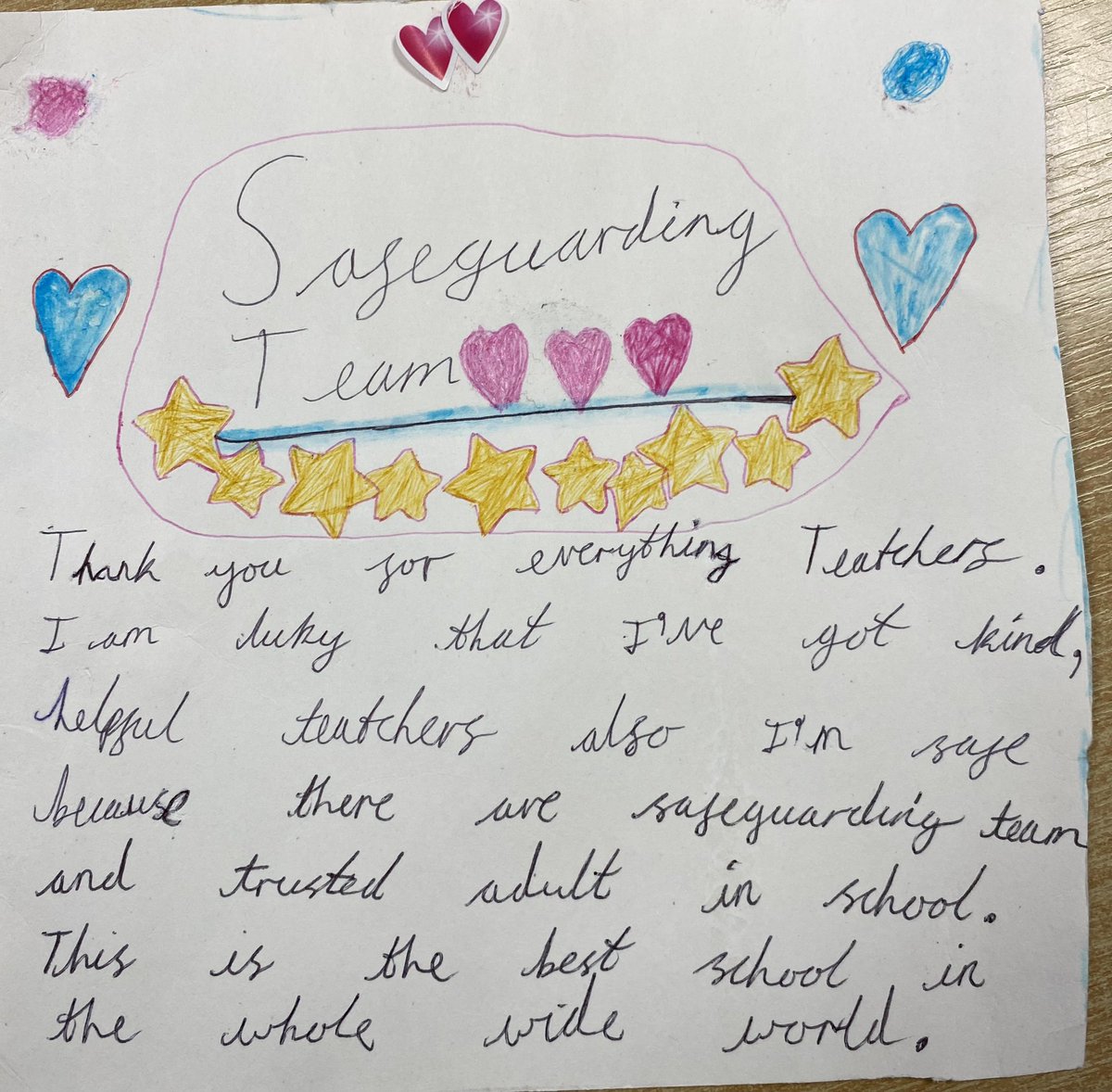Mathematics
"The only way to learn mathematics is to do mathematics."
Paul Halmos
Intent: Introduction, Vision and Philosophy
At Harris Primary Academy Croydon, we believe that children from all backgrounds can succeed in Mathematics. Our focus is on raising standards – working together to show what pupils are capable of and to find effective ways to enable every child to succeed.
We aim for our children to study the different areas in the Mathematics curriculum and develop a deep understanding of these areas using a mastery approach. This means that we are teaching children to have a deep conceptual understanding rather than teaching so that children can just get a correct answer – they need to be able to explain how they got an answer, why that answer is right, and what might happen if a variable is changed.
Three key features of our Mathematics teaching include:
- High expectations for every child
- More time on fewer topics
- Problem-solving at the heart
We aim to embed a deep understanding of Mathematics by employing the concrete, pictorial and abstract approach across all phases - using concrete materials (e.g. objects) and pictorial representations (e.g. pictures, diagrams) alongside the use of numbers and symbols. This supports pupils to develop a deeper conceptual understanding of the underlying mathematical structure; enabling children to master the concepts taught and develop a deep understanding of Mathematics.

We emphasise:
Language – communicating ideas, proof, clarity and development of mathematical concepts.
Thinking – questioning and task design to promote mathematical thinking.
Understanding – using a concrete, pictorial and abstract approach to deepen conceptual understanding, and making connections to previous learning, to other subjects and to the ‘real world’.
Problem Solving – to be mathematical is to solve mathematical problems. Problem solving is both why and how we learn mathematics.
We aim to ensure that all children:
- become fluent in the fundamentals of mathematics, including through varied and frequent practice with increasingly complex problems over time, so that they have conceptual understanding and can recall and apply their knowledge rapidly and accurately to problems.
- reason mathematically by following a line of enquiry, conjecturing relationships and generalisations, and developing an argument, justification or proof using mathematical language.
- can solve problems by applying their mathematics to a variety of routine and non-routine problems with increasing sophistication, including breaking down problems into a series of simpler steps and persevering in seeking solutions.























